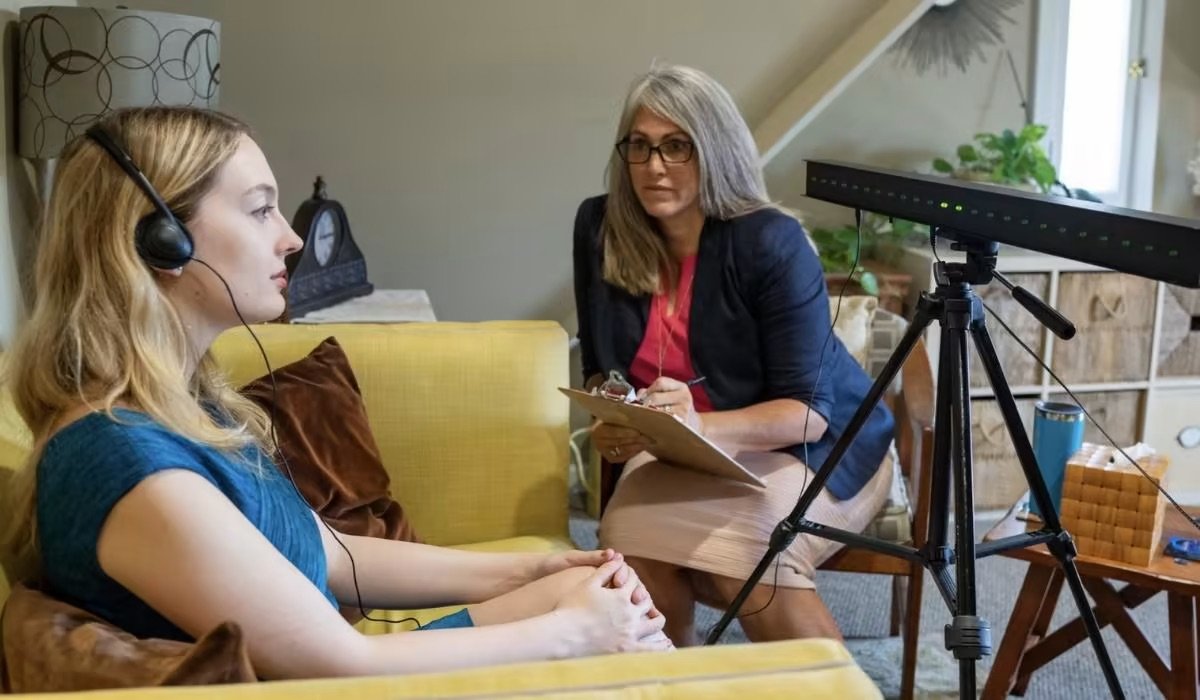

Find Healing and Hope at
Purple Sky Counseling
Providing compassionate counseling for anxiety, depression, and trauma.
Experienced Therapists Dedicated to Your Well-being
Trauma and Anxiety Experts ready to help YOU and Your Family.
Purple Sky Counseling is THE place for healing and mental health; to truly find healing and support. It’s time to move through what’s holding you back so you can live the life you want!
Compassionate, Evidence-Based Therapy Tailored to You
At Purple Sky Counseling, you'll find a personalized approach to therapy. We combine different techniques like EMDR and CBT to fit your unique needs and goals. We'll work together to empower you in your healing journey
Discover Our Location, Connect With Your Therapist
Find in-person support at our welcoming offices or connect online from anywhere in Utah
Meet the Team
Learn About Our Services
-

Individual Therapy
-

Couples / Relationship Therapy
-

Family Therapy
-

Med Management
-

Anxiety
-

Depression
-

Kids & Teens
-

EMDR / Trauma
-

Play therapy
-

Life Transition
-

Group Therapy
-

Online Therapy



































